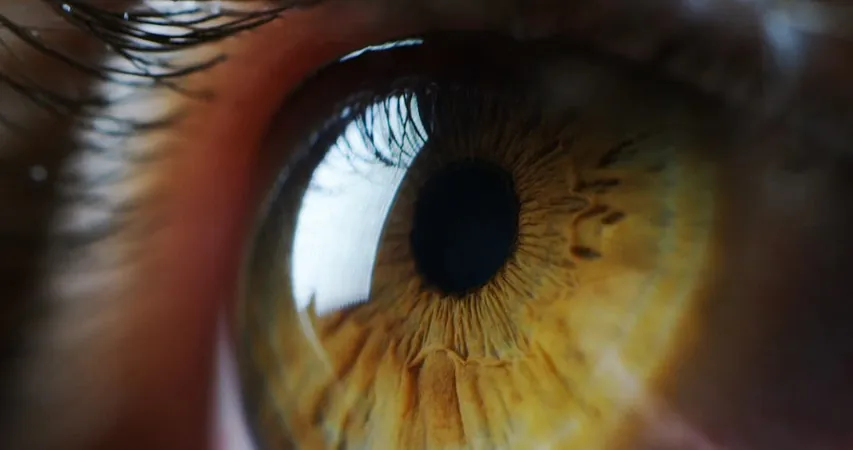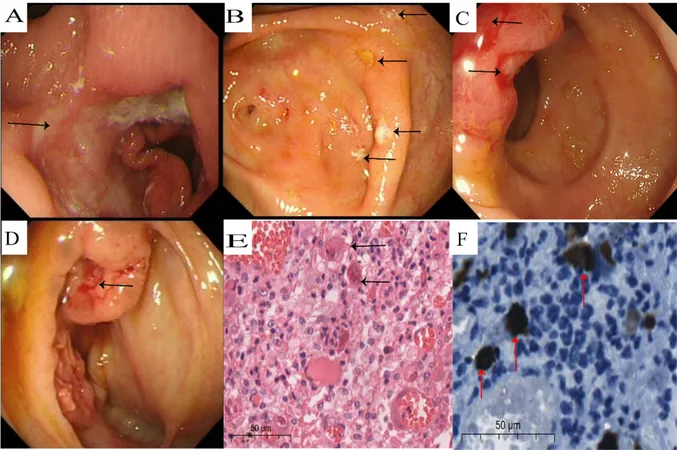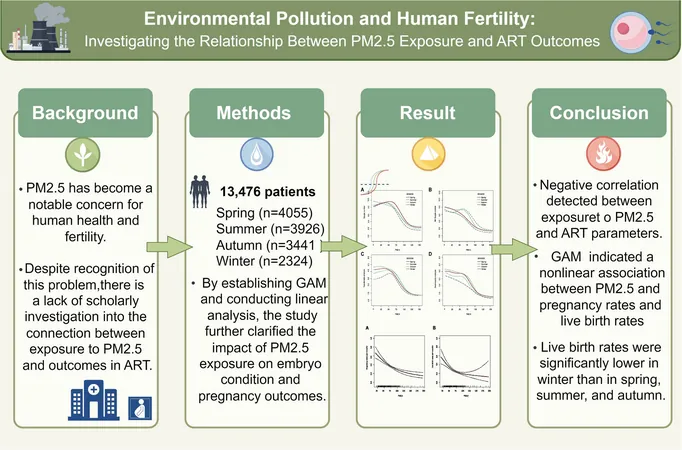
Revolutionary Gene Therapy MCO-010 Restores Vision in Retinitis Pigmentosa Patients
2025-04-04
Author: Wei
In a remarkable breakthrough, Nanoscope Therapeutics’ gene therapy, MCO-010 (sonpiretigene isteparvovec), has been proven to restore vision in patients suffering from retinitis pigmentosa (RP), a devastating genetic eye disorder that often leads to blindness. This finding was recently published in *Molecular Therapy* and is already generating excitement within the medical community.
What is MCO-010?
MCO-010 is a cutting-edge ambient-light activatable multi-characteristic opsin (MCO) gene therapy designed to regain sight in individuals with severe retinal degeneration. The study, titled "A Synthetic Opsin Restores Vision in Patients with Severe Retinal Degeneration," showcased the potential of a synthetic opsin that can be administered through a simple intravitreal injection. This innovative approach targets ON-bipolar cells specifically, which play a crucial role in visual processing.
Preclinical and Human Trials
In preclinical tests, Synthopsin-MCO-010, the active component of MCO-010, demonstrated significant promise by restoring visual behavior in RP mouse models. The successful transition to human trials followed with optimism, involving four patients diagnosed with RP due to ABCA4 gene variants. These individuals, aged around 45.5, had experienced extreme vision loss and were considered legally blind prior to treatment.
Treatment Process and Results
To prepare patients for this pioneering therapy, they underwent a 10-day course of prophylactic oral steroids to mitigate potential immune responses. The MCO-010 gene therapy was then delivered as a single intravitreal injection into the eye with the lowest visual acuity. The results were promising: all four patients exhibited visual improvements within just 12 weeks after receiving the treatment, measured by a decrease in logMAR scores.
Challenges and Variability
However, the study was not without its challenges. One patient experienced fluctuations in visual acuity due to inflammatory keratic precipitates, although this improved with topical steroid treatment. By week 31 and 52, some statistical significance in improvements was lost, attributed to patient dropouts during the COVID-19 pandemic and complications such as vitreous haze in other individuals.
Overall Outcomes and Future Implications
Despite these setbacks, the overall outcomes were encouraging, with notable enhancements in visual field index (VFI) for most participants. While some variability was observed, the data pointed to a statistically significant overall improvement (>0.3 logMAR) in visual acuity.
Expert Opinions
Dr. Samarendra Mohanty, president of Nanoscope Therapeutics, expressed his enthusiasm regarding the study's findings, highlighting it as a significant advancement in optogenetic therapies for inherited retinal diseases. Additionally, Dr. Vinit B. Mahajan from Stanford University emphasized the importance of this research, suggesting its implications could pave the way for universal treatments for various retinal degenerative diseases.
Conclusion
The implications of MCO-010's success are monumental, offering hope to millions affected by RP and other inherited retinal disorders. This game-changing therapy not only reinstates vision but also suggests a future filled with potential innovative treatments that could revolutionize how we approach and manage genetic eye diseases. As researchers continue to build upon these findings, the future of vision restoration looks brighter than ever.



 Brasil (PT)
Brasil (PT)
 Canada (EN)
Canada (EN)
 Chile (ES)
Chile (ES)
 Česko (CS)
Česko (CS)
 대한민국 (KO)
대한민국 (KO)
 España (ES)
España (ES)
 France (FR)
France (FR)
 Hong Kong (EN)
Hong Kong (EN)
 Italia (IT)
Italia (IT)
 日本 (JA)
日本 (JA)
 Magyarország (HU)
Magyarország (HU)
 Norge (NO)
Norge (NO)
 Polska (PL)
Polska (PL)
 Schweiz (DE)
Schweiz (DE)
 Singapore (EN)
Singapore (EN)
 Sverige (SV)
Sverige (SV)
 Suomi (FI)
Suomi (FI)
 Türkiye (TR)
Türkiye (TR)
 الإمارات العربية المتحدة (AR)
الإمارات العربية المتحدة (AR)